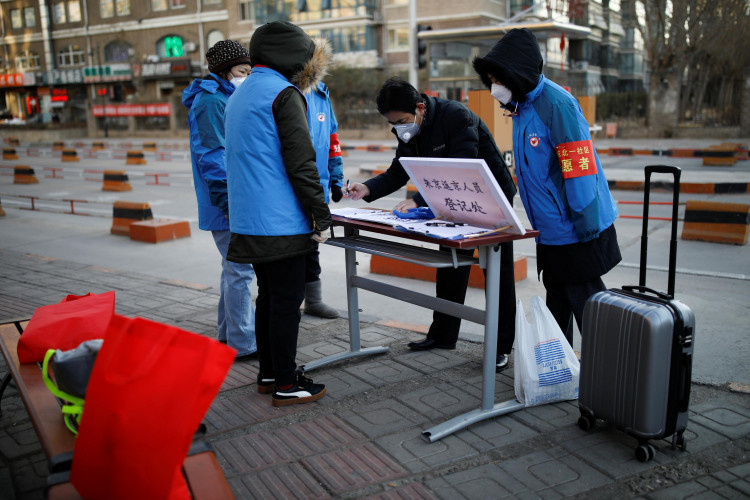Stock markets around the globe are by now starting to feel the pinch caused by the coronavirus that is rearing its ugly head on China's economy. In the coming days, it will be China's turn, and by the looks of it, it won't be nice.
Analysts expect China's bond and stock market to almost surely plunge when regular sessions resume on Monday. It will mark the first time since the outbreak was reported in January 23.
Chinese health authorities pegged their figures of confirmed coronavirus cases past the 9,800 mark, with 213 deaths reported in mainland alone. Since its markets last traded, jitters over the spread of the virus has disrupted global markets, with MSCI Inc.'s world equity index crashing to a six-week low.
Downward spiral
In the equities floor, the retreat is seen to be worsened by the volume of leverage in the market -- near its highest peak in almost four quarters. The drop could set the stage for a downward spin, where huge declines become deeper as investors face margin calls.
To get a glimpse of how acute selling can be: the Shanghai equity's point of reference shed 6 percent when it trading commenced after a hiatus on negative China-US trade war drama.
Adding to the paranoia is what's anticipated to be the biggest liquidity of its kind in China's economy. Most of the country's financial institutions are bracing to settle over 1 trillion yuan ($143 billion) in short-term bonds.
No cushion
Traders will also be keeping a close eye on China's daily currency reference rate, after the yuan slid past 7 per USD in offshore sessions for the first time in 2020. According to Mingze Wu, a trader at the Singapore-based INTL FCStone, the market is preparing for a bearish impact: "We are looking at one sided bearish movement when the markets open this Monday, and for the foreseeable future until the situation normalizes."
The onshore bond market has no safety nets either that would restrict index declines after the imposition of measures faltered following the implosion of China's economy in 2015. Stocks changing hands on the major trading floors are allowed to move 10 percent daily in all directions.
No doubt, investors expect China to usher in the opening bell with less enthusiasm -- and lots of trepidation. On top of a huge cash infusion, the People's Bank of China could also set in motion additional longer-term funding measures to make sure substantial liquidity will flow back in its financial arteries.





